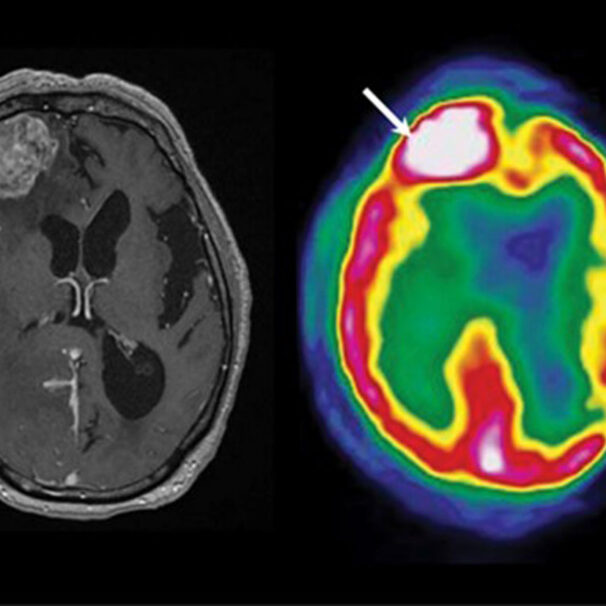HealthProviders DB is a comprehensive database of healthcare providers, including a complete directory of all Psychiatrists & Neurologists Specializing in Diagnostic Neuroimaging.
Psychiatry & Neurology Healthcare Taxonomy Code 2084D0003X
As of today, the following are the total number of Diagnostic Neuroimaging Psychiatry & Neurology Physicians nationally, in your State, and near your location.
Select a State below to view the list by State. Additionally, you can narrow the list by city, among other options, from the Filter Panel, which you can open by clicking the vertical ellipses ⋮ in the upper right corner of the app.
Alaska – Alabama – Armed Forces Pacific – Arkansas – American Samoa – Arizona – California – Colorado – Connecticut – District of Columbia – Delaware – Florida – Federated States of Micronesia – Georgia – Guam – Hawaii – Iowa – Idaho – Illinois – Indiana – Kansas – Kentucky – Louisiana – Massachusetts – Maryland – Maine – Marshall Islands – Michigan – Minnesota – Missouri – Northern Mariana Islands – Mississippi – Montana – North Carolina – North Dakota – Nebraska – New Hampshire – New Jersey – New Mexico – Nevada – New York – Ohio – Oklahoma – Oregon – Pennsylvania – Puerto Rico – Palau – Rhode Island – South Carolina – South Dakota – Tennessee – Texas – Utah – Virginia – Virgin Islands – Vermont – Washington – Wisconsin – West Virginia – Wyoming
Medicare
The following are the total number of Diagnostic Neuroimaging Psychiatry & Neurology Physicians who accept Medicare in your State, the number who have opted out of Medicare, and the total number excluded from participation in Medicare nationwide.
The diagram below shows all the Psychiatrists & Neurologists specializing in Diagnostic Neuroimaging across the country, represented by blue bubbles. The larger the bubble, the greater the concentration of providers in that area. Red bubbles represent Medicare-excluded providers, with the larger bubbles indicating a higher percentage of excluded providers in that region. You can change the bubble size to be based on exclusions from the Size menu.
What do Diagnostic Neuroimaging Psychiatry & Neurology Physicians do?
Diagnostic Neuroimaging in Psychiatry & Neurology: Physicians utilize advanced brain imaging techniques, such as CT and MRI, to identify structural and functional abnormalities in the brain that cause psychiatric symptoms or neurological conditions.
They perform comprehensive patient evaluations to distinguish between primary psychiatric disorders and those caused by underlying neurological issues such as tumors, seizures, or degenerative diseases.
Additionally, they use these scans to develop personalized treatment plans, support the development of new medications, and enhance diagnostic accuracy in psychiatry.
What they do
Diagnostic Assessments: They conduct thorough patient histories and neurological/psychological examinations to understand the patient’s condition and symptoms.
Utilizing Neuroimaging Technologies: These techniques include CT, MRI, and others that are used to visualize the brain’s structure and function.
Differential Diagnosis: This involves distinguishing between primary psychiatric disorders and neurological conditions that present with psychiatric symptoms.
Identifying Causes of Symptoms: Neuroimaging helps detect underlying neurological issues, such as tumors or brain injuries, that may be the root cause of psychiatric symptoms.
Guiding Treatment and Research: They utilize imaging to inform treatment strategies, monitor disease progression, and contribute to research on new psychiatric medications.
Techniques Used
Electroencephalography (EEG): Measures electrical activity in the brain, which can aid in diagnosing conditions such as epilepsy.
Computed Tomography (CT) provides detailed images of the brain’s anatomical structure, revealing abnormalities.
Magnetic Resonance Imaging (MRI) provides high-resolution images of brain structures, enabling a detailed assessment of anatomical features.
Functional MRI (fMRI): Measures blood flow changes to assess brain activity and function in response to stimuli or tasks.

